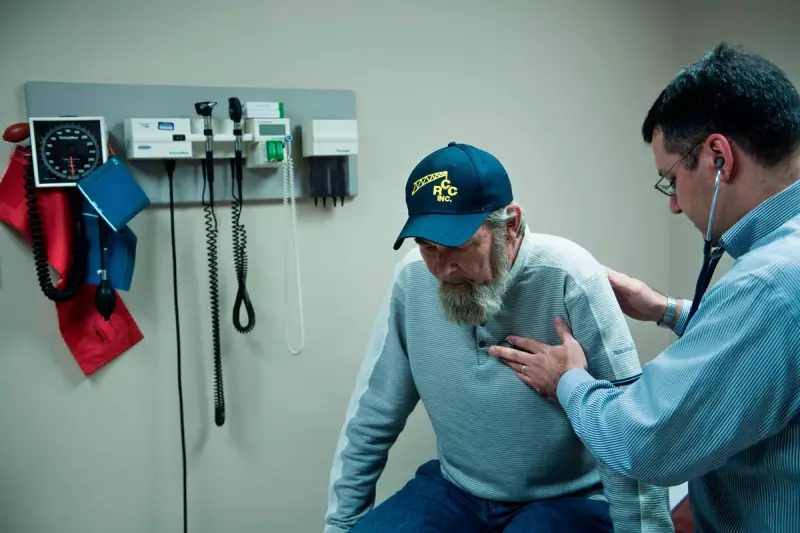
A revolutionary study from Stanford Medicine is challenging one of the most fundamental beliefs in oncology: that the risk of developing cancer inevitably increases with age. New research conducted on mice has produced the startling finding that older subjects developed significantly fewer and less aggressive lung tumours than their younger counterparts.
The Unexpected Findings
Over a 15-week period, researchers compared dozens of mice that were between four and six months old to mice that were nearly two years old—the average laboratory mouse lifespan. The results defied long-held expectations. The team discovered that the amount of cancer in the younger mice was triple that found in the older mice. Furthermore, the younger rodents had larger tumours, painting a clear picture of more severe disease progression in youth.
"In every way we could measure, the younger animals had worse cancers," explained former graduate student Dr. Emily Shuldiner. Dr. Monte Winslow, an associate professor of genetics and pathology, echoed this surprise, stating, "We would expect that older animals would get more and worse cancers, but that’s not at all what the study found."
The Role of the PTEN Gene
To understand the biological mechanism behind this phenomenon, the researchers investigated the effect of disabling 25 different tumour-suppressor genes. One gene, in particular, stood out: PTEN. PTEN inactivation had a much stronger effect in accelerating cancer in young mice compared to the old.
This critical insight suggests that the impact of specific genetic mutations, and potentially the efficacy of targeted cancer therapies, could vary dramatically depending on a patient's age. "It suggests that the effect of any given mutation, or the efficacy of cancer therapies targeted at specific mutations, might be different in young versus old people," Dr. Shuldiner noted.
Implications for Human Cancer Treatment
While this research was conducted on mice, the implications for human medicine are profound. Humans and mice share genetic similarities, and all humans possess the PTEN gene. This discovery aligns with clinical observations that the incidence of certain cancers begins to drop in people over the age of 85.
The findings arrive at a crucial time. The American Cancer Society anticipates approximately 226,650 new lung cancer cases and 124,730 deaths in the U.S. this year alone. Furthermore, rates of lung and other cancers are rising in younger adults, a trend that makes understanding age-related cancer dynamics more urgent than ever.
Professor Dr. Dmitri Petrov highlighted the potential upside, remarking, "The implications of this story could be huge. Maybe ageing has a beneficial side to it that we could harness for better therapies." The authors conclude that further research is essential to understand how age impacts tumour growth, which could lead to updated scientific models and enhanced, age-specific treatments for patients.






